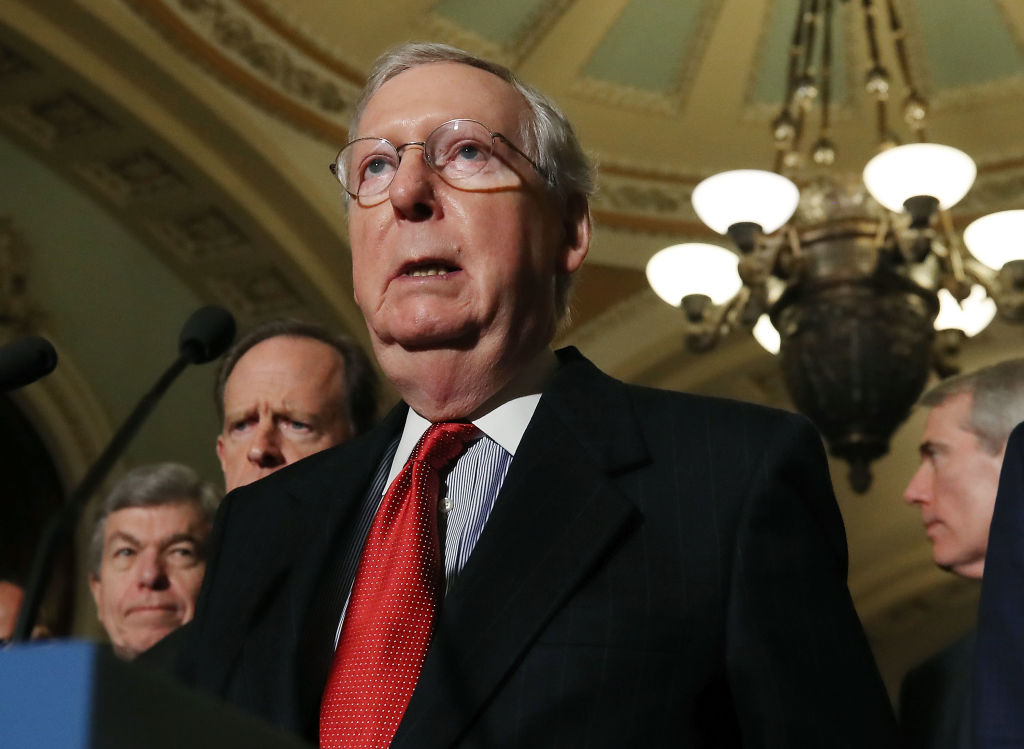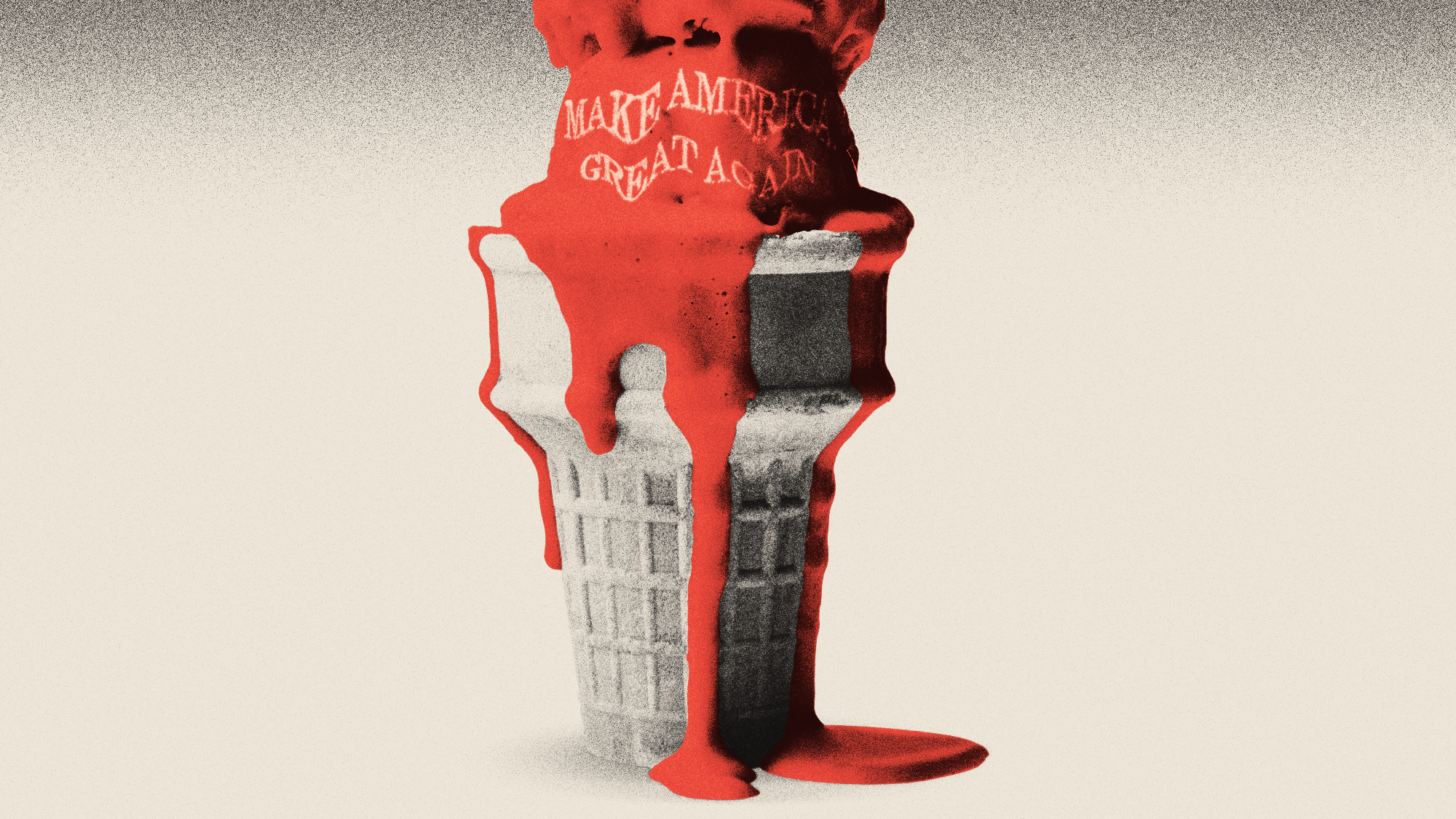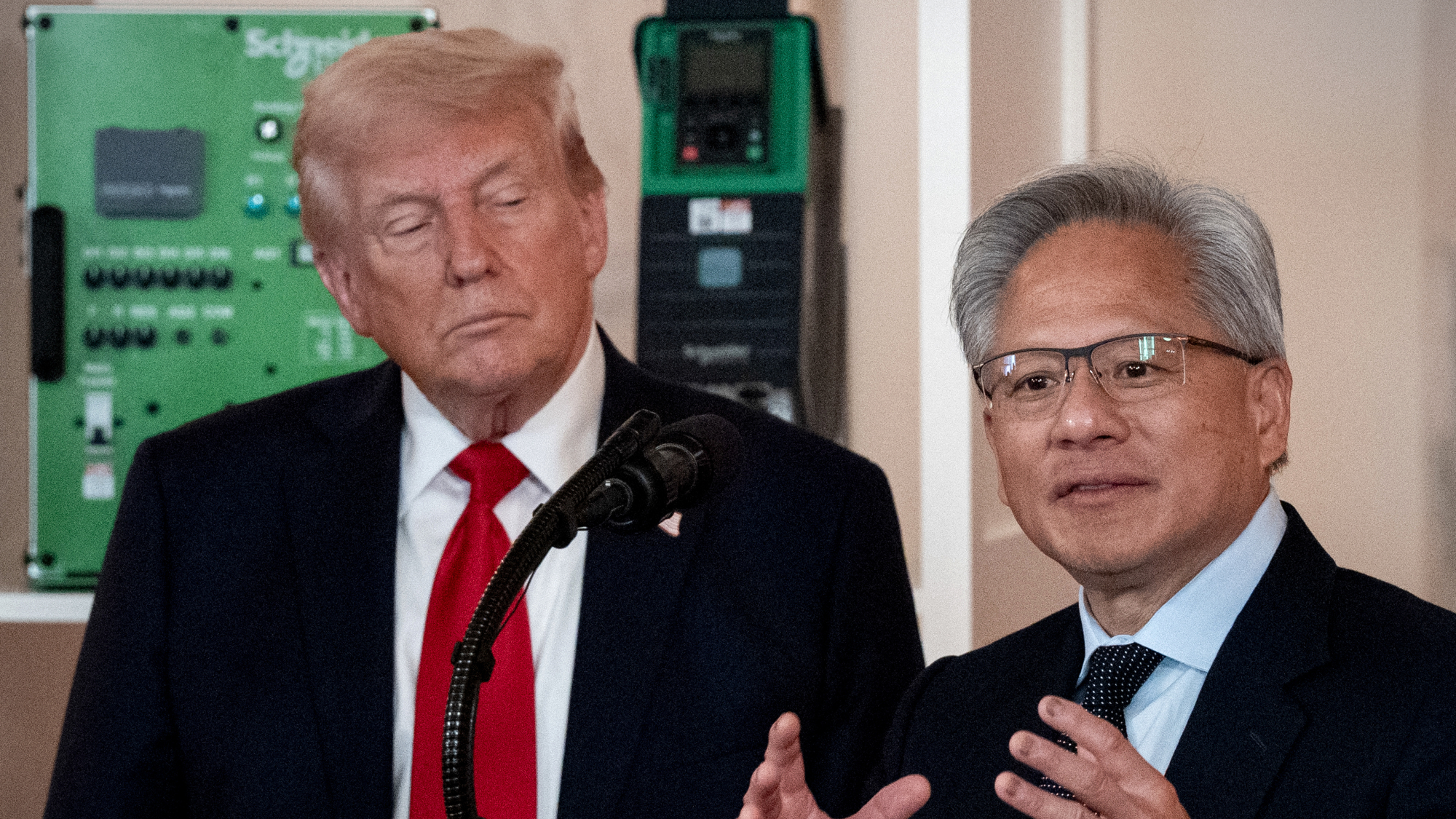Senate GOP tax bill would cost $1.4 trillion, hit poor and middle class harder than estimated, CBO says


On Sunday, the Congressional Budget Office released its analysis of the tax overhaul Senate Republicans hope to pass this week, and like a previous analysis by the Joint Committee on Taxation (JCT), it found that the bill would increase the federal deficit by about $1.4 trillion over 10 years. The CBO also found that, compared to the JCT estimate, the bill would be worse for Americans earning less than $75,000, factoring in the changes to Medicaid, Medicare, and other health-related programs as well as zeroing out the Affordable Care Act individual mandate.
Under the CBO analysis, Americans earning up to $30,000 a year would be worse off by 2019, those earning $40,000 or less would take a hit by 2021, and Americans earning $75,000 or less would be worse off by 2027. Americans earning $100,000 to $500,000 a year would generally fare the best until 2027, when millionaires would reap the most benefits.
If you exclude all health care-related changes, every group would get some level of tax cut, the JCT found, when asked by Republicans. Republicans also argue that economic growth they say will be unleashed by the tax cuts will at least partly make up for the $1.4 trillion in deficit spending, though the friendliest outside analysis so far, from the Tax Foundation, finds that the Senate plan would still add hundreds of billions to the deficit. The CBO said neither it nor the JCT will have a full analysis of the economic impact of the Senate bill for probably weeks.
The Week
Escape your echo chamber. Get the facts behind the news, plus analysis from multiple perspectives.

Sign up for The Week's Free Newsletters
From our morning news briefing to a weekly Good News Newsletter, get the best of The Week delivered directly to your inbox.
From our morning news briefing to a weekly Good News Newsletter, get the best of The Week delivered directly to your inbox.
A free daily email with the biggest news stories of the day – and the best features from TheWeek.com
Peter has worked as a news and culture writer and editor at The Week since the site's launch in 2008. He covers politics, world affairs, religion and cultural currents. His journalism career began as a copy editor at a financial newswire and has included editorial positions at The New York Times Magazine, Facts on File, and Oregon State University.
-
 Metaverse: Zuckerberg quits his virtual obsession
Metaverse: Zuckerberg quits his virtual obsessionFeature The tech mogul’s vision for virtual worlds inhabited by millions of users was clearly a flop
-
 Frank Gehry: the architect who made buildings flow like water
Frank Gehry: the architect who made buildings flow like waterFeature The revered building master died at the age of 96
-
 Is MAGA melting down?
Is MAGA melting down?Today's Big Question Candace Owens, Tucker Carlson, Laura Loomer and more are feuding
-
 US mints final penny after 232-year run
US mints final penny after 232-year runSpeed Read Production of the one-cent coin has ended
-
 Warner Bros. explores sale amid Paramount bids
Warner Bros. explores sale amid Paramount bidsSpeed Read The media giant, home to HBO and DC Studios, has received interest from multiple buying parties
-
 Gold tops $4K per ounce, signaling financial unease
Gold tops $4K per ounce, signaling financial uneaseSpeed Read Investors are worried about President Donald Trump’s trade war
-
 Electronic Arts to go private in record $55B deal
Electronic Arts to go private in record $55B dealspeed read The video game giant is behind ‘The Sims’ and ‘Madden NFL’
-
 New York court tosses Trump's $500M fraud fine
New York court tosses Trump's $500M fraud fineSpeed Read A divided appeals court threw out a hefty penalty against President Trump for fraudulently inflating his wealth
-
 Trump said to seek government stake in Intel
Trump said to seek government stake in IntelSpeed Read The president and Intel CEO Lip-Bu Tan reportedly discussed the proposal at a recent meeting
-
 US to take 15% cut of AI chip sales to China
US to take 15% cut of AI chip sales to ChinaSpeed Read Nvidia and AMD will pay the Trump administration 15% of their revenue from selling artificial intelligence chips to China
-
 NFL gets ESPN stake in deal with Disney
NFL gets ESPN stake in deal with DisneySpeed Read The deal gives the NFL a 10% stake in Disney's ESPN sports empire and gives ESPN ownership of NFL Network
